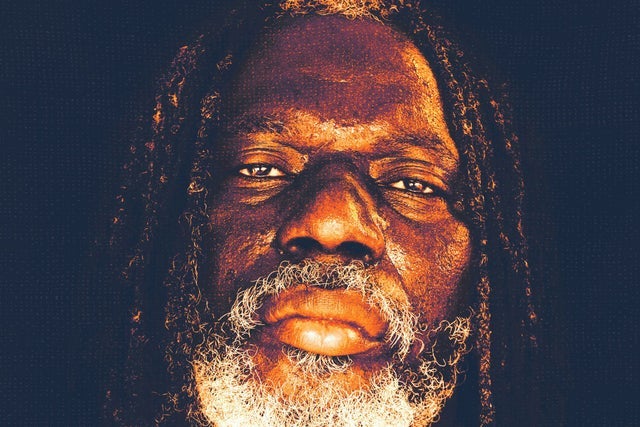Citation:
Jemiluyi, Omotayo. 2024. “The Influence of Tiken Jah Fakoly’s Reggae Music in Post-Independence Côte d’Ivoire.” African Studies Quarterly 22 (3): 26–39. https://doi.org/10.32473/asq.22.3.137479
Summary:
This article examines the socio-political impact of Tiken Jah Fakoly’s reggae music in post-independence Côte d’Ivoire. Through a survey of diverse Ivoirian respondents, the study assesses how Fakoly’s songs have influenced national unity, political awareness, and civic engagement. Findings reveal that Fakoly’s music not only inspires advocacy and activism but also helps foster a shared sense of cultural identity and collective purpose. The article positions Ivorian reggae—through Fakoly’s legacy—as a powerful force in the processes of nation-building and social consciousness in contemporary Africa.
Behind the Work:
This project is very personal. I first encountered the music of Tiken Jah Fakoly as an undergraduate French language student at the University of Ibadan, Nigeria, seeking to improve my oral and aural comprehension through francophone music. Some of my francophone friends introduced me to Fakoly’s songs and what began as a linguistic exercise soon eventually turned out to be, for me, a political and emotional awakening. It was like Fakoly’s lyrics stirred something in me, which is an early sense of pan-Africanism and a desire to explore how African music could potentially shape but identity, resistance, and belonging.
Hence, this article was a product of my curiosity because I did want to know: Was I alone in feeling this way? Or do other Ivorians feel just as stirred, just as incited, by Fakoly’s rhythms and messages? I’m grateful to the Carrie Wilkins Graduate Summer Fellowship, offered by the School of Languages, Literatures, and Cultures at the University of Missouri, for funding this study. I’ve also had the honor of presenting this research during a Francophone course session at Stony Brook University and at the 2025 University of Alabama Languages Conference in Tuscaloosa, Alabama.
Key Ideas:
- Fakoly’s music acts as a vehicle for political education, unifying diverse Ivoirian identities around shared concerns of justice and postcolonial accountability.
- His influence is both emotional and practical—encouraging real engagement in activism and advocacy.
- The study contributes to broader conversations on music as a cultural tool for nation-building and identity formation across postcolonial African societies.
Relevance:
This work speaks to scholars of African popular culture, musicology, Francophone studies, political communication, and postcolonial theory. It also resonates with artists, activists, and cultural workers interested in how sound and voice can mobilize social change.
Read the Full Article:
Click here to read the article


